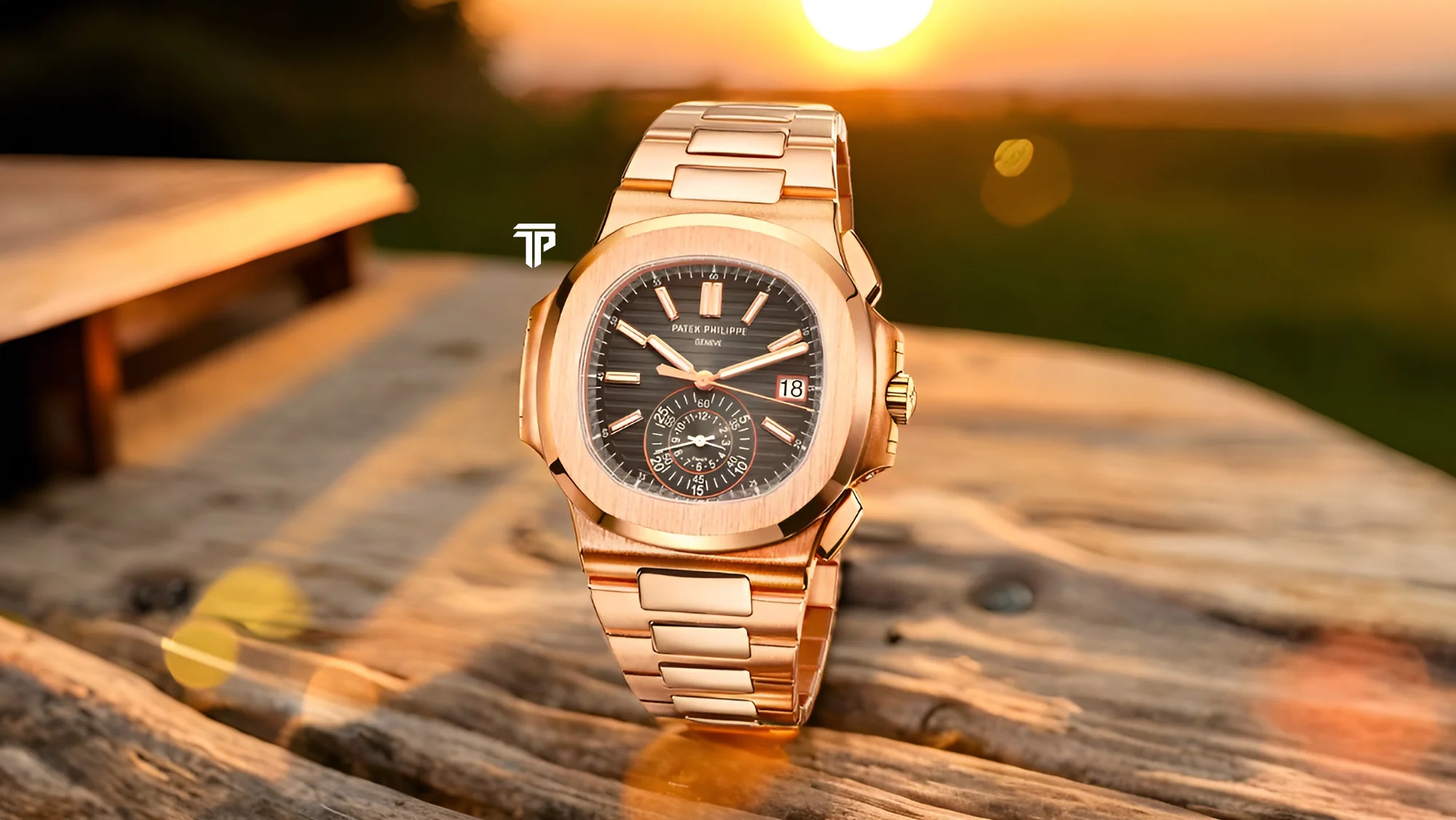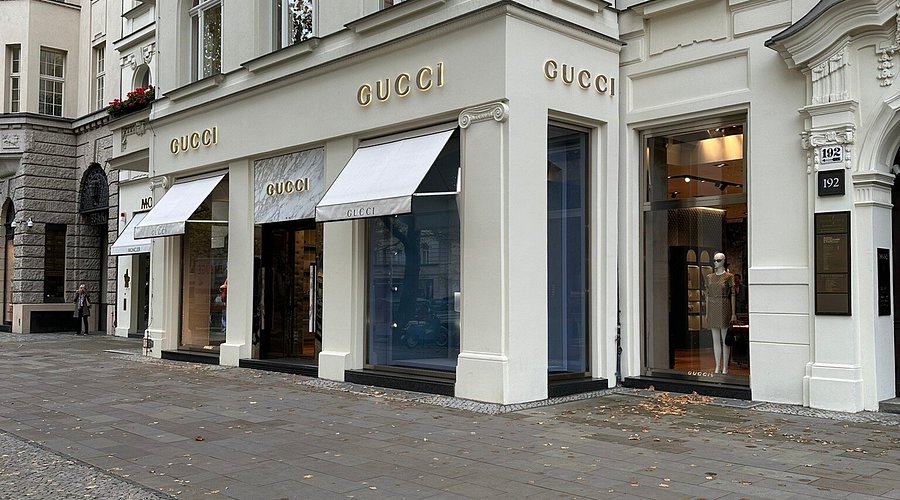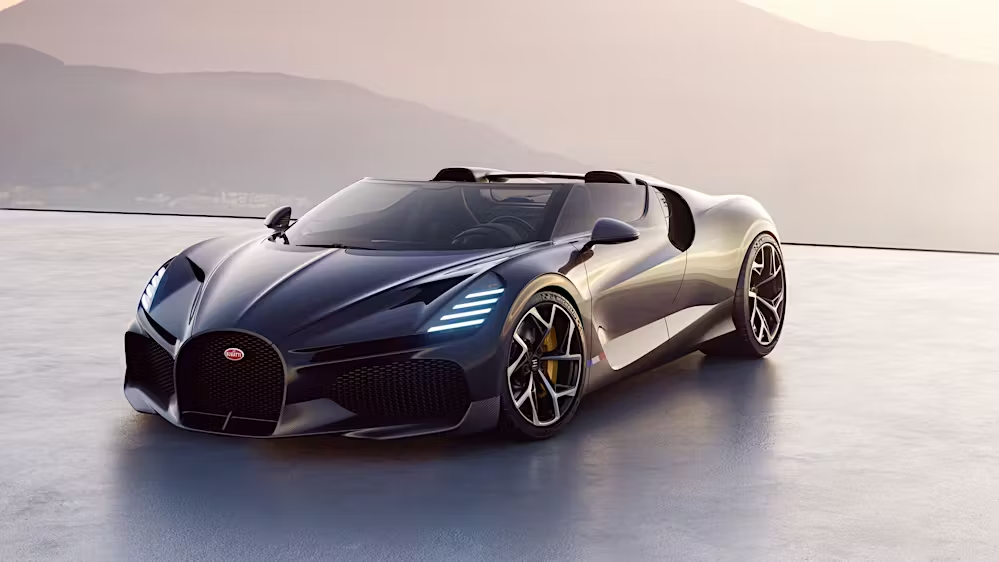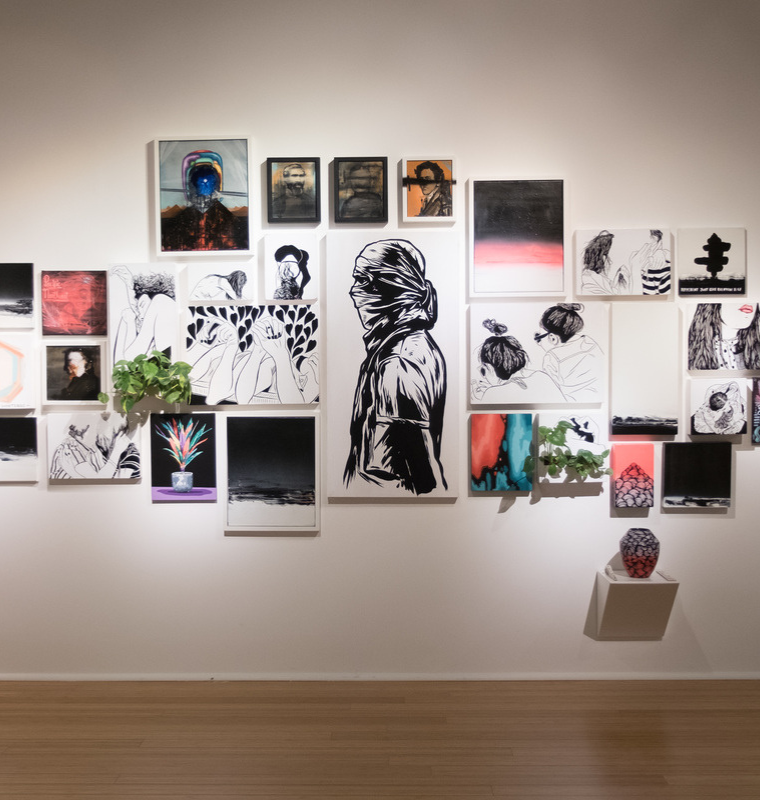Post-Luxury Living highlights how the rich stop buying meaning and begin buying silence.
By
John Carter
Last updated:
October 9, 2025
First Published:
October 9, 2025
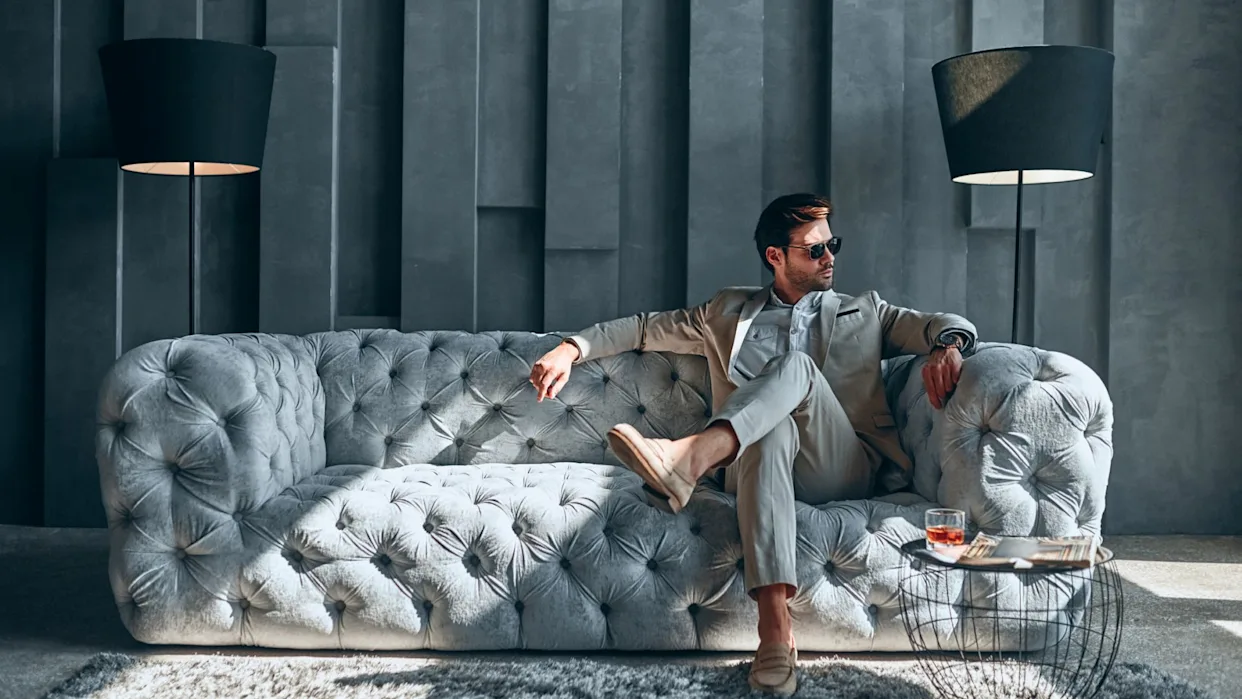
Photo: Yahoo
Redefining What Wealth Means
For centuries, wealth was measured by possessions, status, and visibility. The bigger the house, the faster the car, and the more dazzling the lifestyle, the richer one appeared. Today, a quiet revolution is unfolding among the ultra-wealthy. They are entering an era of Post-Luxury Living, where money no longer buys conspicuous meaning but instead purchases experiences designed to disappear into silence.
The Shift from Material to Experiential
Modern affluence is moving away from objects toward the orchestration of time, privacy, and tranquility. The rich no longer measure success by accumulation but by the subtle control of their surroundings and their schedules. High-value assets are now services, access, and curated moments that exist outside the public gaze. Luxury is no longer shown — it is felt.
The Decline of Flashy Status Symbols
Logos, gold, and public displays of wealth have lost their luster. Those with the most influence now prefer subtlety, favoring items and experiences that require insider knowledge to fully appreciate. A private island may go unnoticed from the air, and a rare car collection may be hidden behind closed gates. The currency of modern luxury is discretion, not exhibition.
The Experience Economy for the Elite
Post-Luxury Living manifests most clearly in experiences. The ultra-wealthy invest in personal retreats, immersive wellness programs, and curated cultural journeys. These moments are designed for full engagement, untouched by social media or public recognition. The true richness lies in immersion — the ability to step fully into a world constructed for private enjoyment.
Homes as Sanctuaries
Residences are evolving into sanctuaries of quiet. Architectural design prioritizes peace and harmony over grandeur. Walls are soundproofed, spaces are modular, and interiors favor natural materials and neutral palettes. The home becomes a place to recharge, reflect, and escape the noise of public life. Luxury is measured by the quality of stillness, not the grandeur of design.
Technology in Service of Silence
Technology has become an essential enabler of Post-Luxury Living. Smart home systems, AI-driven personal assistants, and discreet security networks allow the wealthy to control their environment effortlessly. Every interaction is seamless, every intrusion eliminated. Modern affluence is no longer about visible ownership but invisible orchestration.
Emotional Investment in Privacy
The rich are learning that real value lies in privacy. Invitations, memberships, and access become far more precious than public possessions. Emotional security and mental space are treated as high-value commodities. The luxury of Post-Luxury Living is the freedom to exist unobserved, to live without audience or appraisal.
Redefining Influence
In this new paradigm, influence is quiet. The wealthy still wield power, but it is exercised subtly — through private networks, mentorship, or funding transformative ideas. Visibility has become optional; effectiveness has become paramount. Power is no longer about who sees you but about who benefits from your choices.
The Philosophy of Less as More
Post-Luxury Living embodies a philosophy where less truly is more. The reduction of noise, distraction, and clutter amplifies richness in unexpected ways. The ultra-wealthy are learning that deliberate simplicity and intentional living create a depth of satisfaction far beyond what ostentatious consumption can provide.
The Future of Silent Affluence
As society becomes louder and more performative, the ultra-wealthy are retreating into silence. Post-Luxury Living is not about deprivation; it is about the strategic use of resources to maximize inner life and minimize exposure. In this era, wealth is measured not by what is seen, but by what remains profoundly and privately felt.
Subscribe to unlock premium content
Sed at tellus, pharetra lacus, aenean risus non nisl ultricies commodo diam aliquet arcu enim eu leo porttitor habitasse adipiscing porttitor varius ultricies facilisis viverra lacus neque.
A comprehensive guide on Agile development

10 Productivity tools that are worth checking out
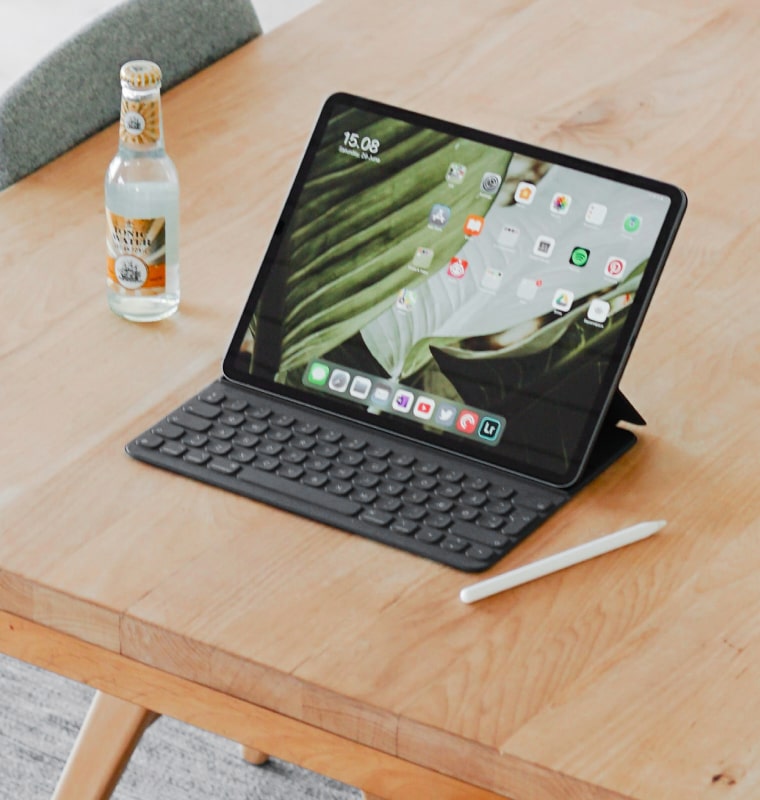
Top 7 Must have management tools for productivity

A comprehensive guide on Agile development

10 Productivity tools that are worth checking out

A comprehensive guide on Agile development



